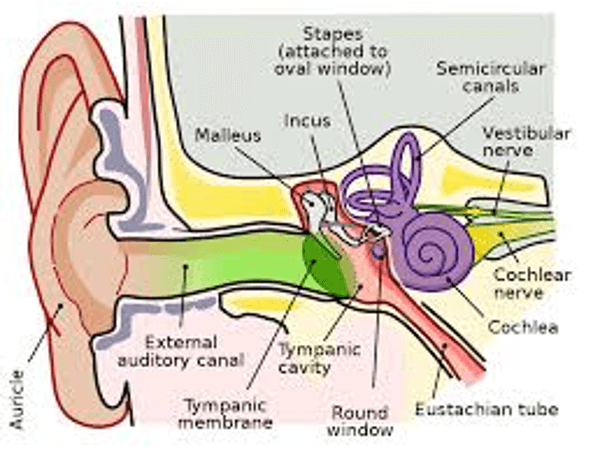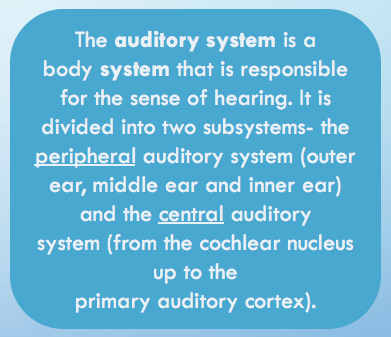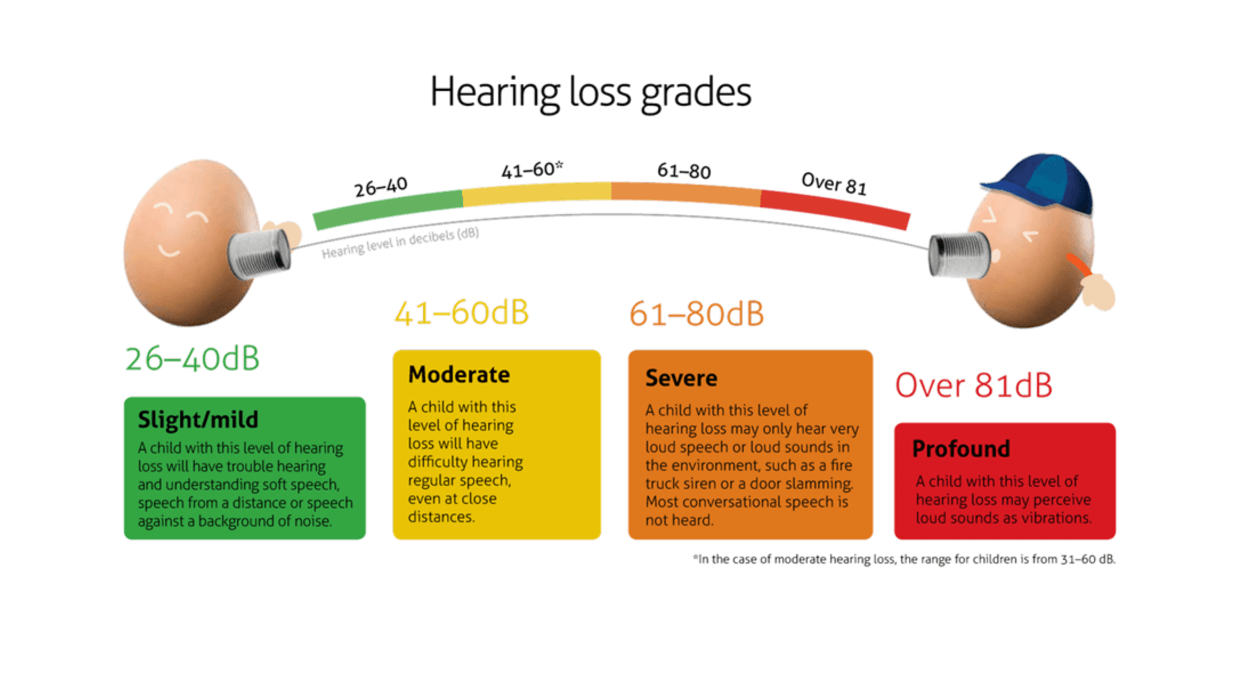Thanks to our auditory system, we are able to register sounds and:
- Interpret
- Translate
- Integrate
- Respond
Our brains help us listen, interpret, and understand what has been said/heard.


A Working Auditory System
When your auditory system is working correctly you are able to….
- Respond to sounds naturally
- Like looking moving out of the way when you hear “watch out!”
- Follow directions from friends and instructors
- Filter out sounds that are not important
- The fan in the background, the sound of the waves, other people playing on the beach
Auditory System Problems
A person may be hyper- or hypo-sensitive to sound, affecting their ability to participate in fun activities.
Hypersensitivity may cause a person to become fearful or overwhelmed with sounds that are usually okay for most people.
Hyposensitivity may prohibit a person from registering important auditory cues within their surroundings.
Hypersensitive
If someone is hypersensitive, they may be frightened by common environmental sounds due to:
- Volume
- Pitch
- Unpredictability
They may attempt to avoid and withdraw from noisy, crowded environments.
A person with hypersensitivity to sound might look:
- Startled
- Distracted (focusing on every noise)
- Agitated and ready to flee
- Covering ears
Hyposensitive
A person who is hyposensitive to sounds might appear:
- To not pay attention to surroundings
- To have difficulty following directions
- To require multiple attempts to call their name
- Very noisy in an attempt to satisfy their “sound craving”
- They may hum, sing, yell out, constantly talk loudly.
What can I do?
Hypersensitivity
- Try to find a place with less noise in your surroundings.
Hyposensitivity
- Talk loudly and animated to keep noise at an appropriate level.
Patience and understanding will help the relationship between volunteer and participant during these instances.
Deaf and Hard of Hearing
While some individuals have difficulty processing sounds, there are others who have more severe impairments to their auditory system causing mild to profound hearing loss.
People who are deaf or hard of hearing may use different languages or forms of communication. Not all deaf persons use sign language to communicate and not all people that use American Sign Language know English well.
Many people that are deaf may read lips or talk. They may also have cochlear implants to aid in hearing. People may have high frequency or low frequency hearing loss. Most consonants are high frequency and vowels are low frequency. High frequency hearing loss sounds like the adults in Charlie Brown (you can hear sounds but can make out what people are saying and speech is not clear). Low frequency hearing loss sounds like there is no base and the volume is affected.
| Back | You are here | Next | ||
|---|---|---|---|---|
| Taste | > | Sound | > | Vestibular |


